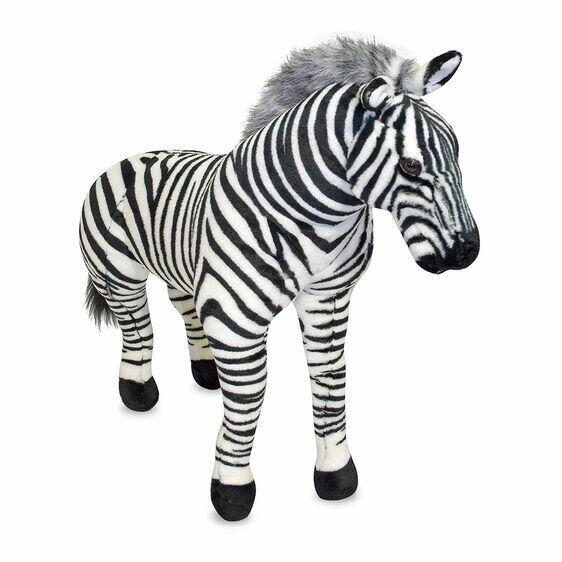
It gestures at the mysterious ways our own personal library references itself as we read and creates infinite-seeming connections.īibi Abbas Abbas Hosseini (later known as ‘Zebra’) is taught to ‘love nothing but literature’ by her father. According to Chin, the work originated from a dream based on Derrida’s claim that he had only ever read four books out of his entire library. The perimeter is enclosed with hardbacks, and in the centre are reams of pages rolling and concertinaed into one another. In ‘Circumfessional Hymenal Sea (Portrait of Jacques Derrida)’ an ivory tower, within which further towers appear to be enclosed, rests under a ‘sea’ of books. Sparkling with wit and mischief and brimming with imaginative vignettes and unconventional musings, Call Me Zebra is a riotous, erudite, unpredictable novel about literature, lust and dislocation.After reading Azareen Van der Vliet Oloomi’s second novel, Call Me Zebra, I was reminded of a piece by the artist and sculptor Mel Chin.

Her first stop is Barcelona, where she meets the Italian Ludo, who becomes her lover, intellectual sparring partner and travelling companion in her picaresque meanderings around Catalonia.Ī natural-born raconteur, Zebra takes the reader on an irresistible journey through her thoughts, as she conceives elaborate theories about art and is increasingly convinced that her mother has been reincarnated as a cockatoo.


Winner of The 2019 PEN/Faulkner Award for FictionĪfter the death of her father, an exiled Iranian man of letters, the bookish twenty-two-year-old Zebra finds herself alone in New York and decides to retrace the steps of her traumatic flight with her family from their homeland in the 1990s, hoping that in the process she will be inspired to write a major manifesto on literature.


 0 kommentar(er)
0 kommentar(er)
